America's military adventurism doesn't have much to do with its gun culture
I highly doubt that there was much support in Texas for Barack Obama's Libyan misadventure

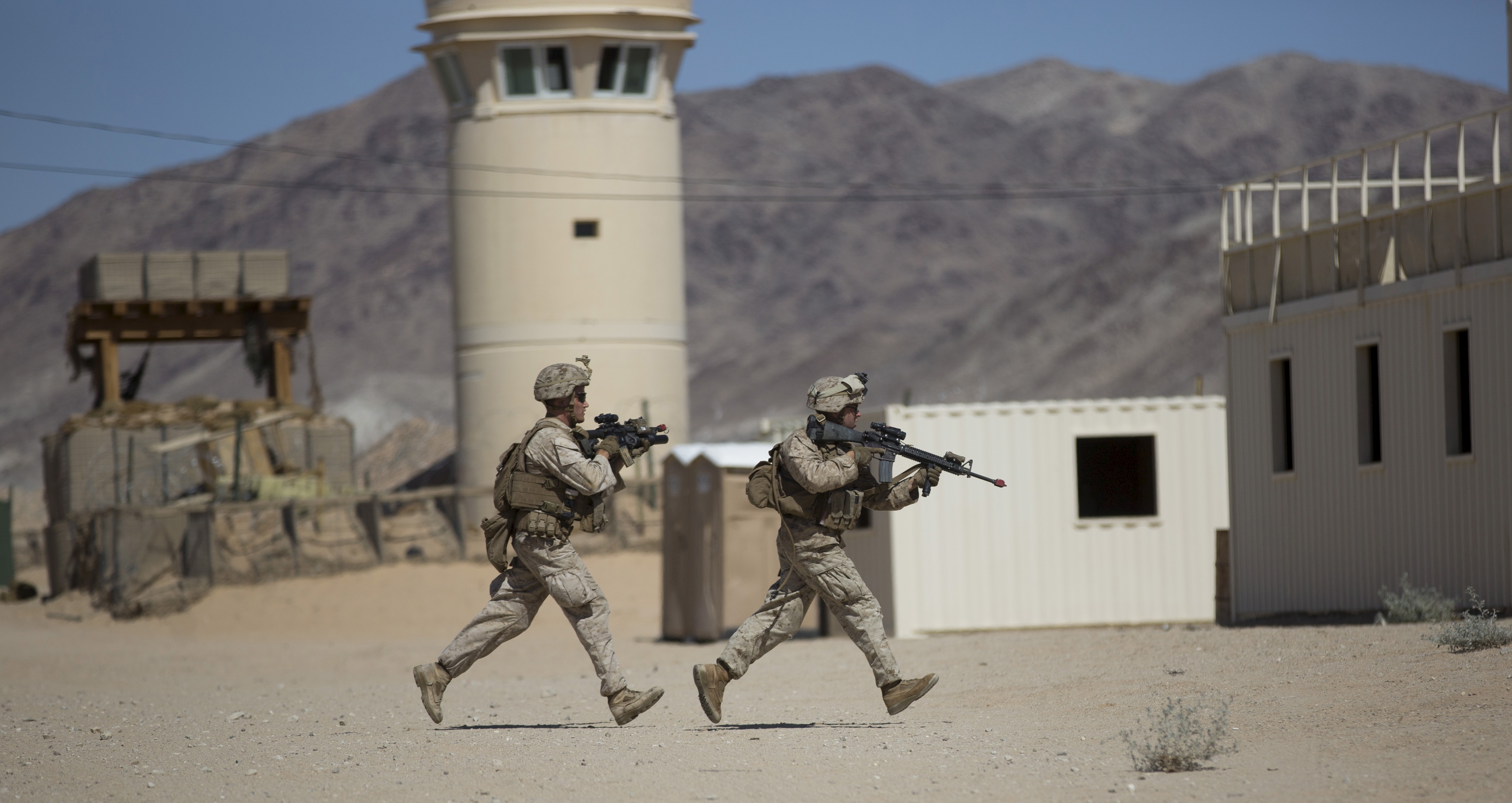
A free daily email with the biggest news stories of the day – and the best features from TheWeek.com
You are now subscribed
Your newsletter sign-up was successful
My friend and George Mason University economist Tyler Cowen — whom David Brooks considers "one of the most influential bloggers on the right" — had a fascinating post last week explaining to his fellow libertarians (like me) that their disdain for America's muscular foreign policy abroad is at odds with their support for strong gun rights at home.
Gun possession breeds a certain kind of kick-ass mentality — "martial culture" — that doesn't stop at the border's edge, but spills "over there." Therefore, if libertarians want to restrain America's adventurism abroad, they will have to stop looking at guns from a narrow rights-based perspective, as is their wont, and start looking at them from the standpoint of the undesirable foreign policy consequences they produce — and so accept some gun regulation.
As a naturalized American from India, I have always been both amused and bemused by the American romance with guns. I have also observed firsthand the destabilizing effect of America's post-9/11 "martial interventions" near my native country. Thus, if there were a serious chance that restrictions on gun rights would help reduce Uncle Sam's war mongering, I would consider it. But color me dubious.
The Week
Escape your echo chamber. Get the facts behind the news, plus analysis from multiple perspectives.

Sign up for The Week's Free Newsletters
From our morning news briefing to a weekly Good News Newsletter, get the best of The Week delivered directly to your inbox.
From our morning news briefing to a weekly Good News Newsletter, get the best of The Week delivered directly to your inbox.
Cowen's argument is intriguing and original, without a doubt. It has a certain intuitive plausibility. But does support for private gun rights actually generate a spirit of martial interventionism? Actually, as far as libertarians are concerned, the connection runs in the other direction.
The central political problem for conservatives is maintaining virtue; for liberals equality; and for libertarians liberty — or avoiding government tyranny. This requires not just maintaining a balance of power — or checks and balances — among the three branches of government, but also between the government and the citizenry.
That's why libertarians insist that the Second Amendment was meant to protect not just the rights of states to maintain well-armed militias, as liberals insist, but also the right of private individuals to bear arms for both self-defense and as a check on government tyranny. Libertarians fear that a government that disarms its citizens while arming itself to the hilt shifts the balance of power and precludes the possibility of any serious resistance.
In the libertarian view, then, armed citizens are not tools for the grand imperialistic designs of a martial republic like Sparta, but the opposite. They are supposed to prevent the republic from conscripting them for its adventurism overseas without their consent. The aims here are defensive, not offensive; prevent war, not encourage it.
A free daily email with the biggest news stories of the day – and the best features from TheWeek.com
It is hardly a coincidence that the country's founding statesmen, like George Washington, saw no contradiction in both vigorously supporting private arms and warning against "foreign entanglements."
Indeed, so hardwired are libertarians to distrust an unchecked monopoly on power that they worry about its effect not only on the national polity but the international one. Much as libertarians detested the communist Soviet empire, they didn't think that a unipolar world at the end of the Cold War, even with their own country as the sole superpower, was necessarily a healthy state of affairs.
Cowen makes much of the fact that Americans own 42 percent of the world's private guns and America does 42 percent of the world's defense spending. But for Cowen's hypothesis that gun ownership breeds a martial culture to be correct, this ownership would have to be widespread. Instead, as Tuft University's Dan Drezner has shown, guns have become concentrated in a few hands, with the number of American households actually owning guns declining over time from around 55 percent in 1978 to about 32 percent now. Meanwhile, America's interventionism abroad has grown unabated.
There aren't great stats showing if the converse — that periods of high gun ownership have correlated with less American interventionism abroad — is also true. But it is significant that America assumed its post-World War II role of the global policeman only after the passage of the 1934 National Firearms Act, the first major federal anti-gun legislation (whose purpose was to prevent the Prohibition-related gangsters from laying hands on Tommy guns). At the same time, defense spending in this country ratcheted up from less than $100 billion in inflation-adjusted terms in 1947 to over $550 billion now. If there is anything that breeds American militarism besides external events, it is a standing army with a moral claim to Americans' pocketbook, something libertarians have long feared.
Cowen might argue, of course, that just because libertarians aim to use gun ownership to check interventionism doesn't mean they'll succeed; noble desires can't by themselves prevent consequences opposite to those actually intended. However, the only evidence he offers for this is the observation that "parts of the country with the most guns, namely the South, are also prominent supporters of the military."
Support for the military does not automatically equal support for interventionism in the sense of going overseas to kick foreign ass. Arguably, if there is flip side to gun-toting Americans, it is a Fortress America, isolationist mentality, a kind of belligerent defensiveness. (That's what Donald Trump seems to be cashing in on, as I noted in a previous column). I highly doubt that there was much support in Texas for Barack Obama's Libyan misadventure.
One can debate whether that's good or bad. But what's not debatable is that the connection between gun rights and martialism and martialism and interventionism is far from airtight. Indeed, it is possible that giving up on gun rights might further weaken yet another check on American adventurism and turn Uncle Sam into even more of a global wrecking ball.
Shikha Dalmia is a visiting fellow at the Mercatus Center at George Mason University studying the rise of populist authoritarianism. She is a Bloomberg View contributor and a columnist at the Washington Examiner, and she also writes regularly for The New York Times, USA Today, The Wall Street Journal, and numerous other publications. She considers herself to be a progressive libertarian and an agnostic with Buddhist longings and a Sufi soul.
-
 American universities are losing ground to their foreign counterparts
American universities are losing ground to their foreign counterpartsThe Explainer While Harvard is still near the top, other colleges have slipped
-
 How to navigate dating apps to find ‘the one’
How to navigate dating apps to find ‘the one’The Week Recommends Put an end to endless swiping and make real romantic connections
-
 Elon Musk’s pivot from Mars to the moon
Elon Musk’s pivot from Mars to the moonIn the Spotlight SpaceX shifts focus with IPO approaching
-
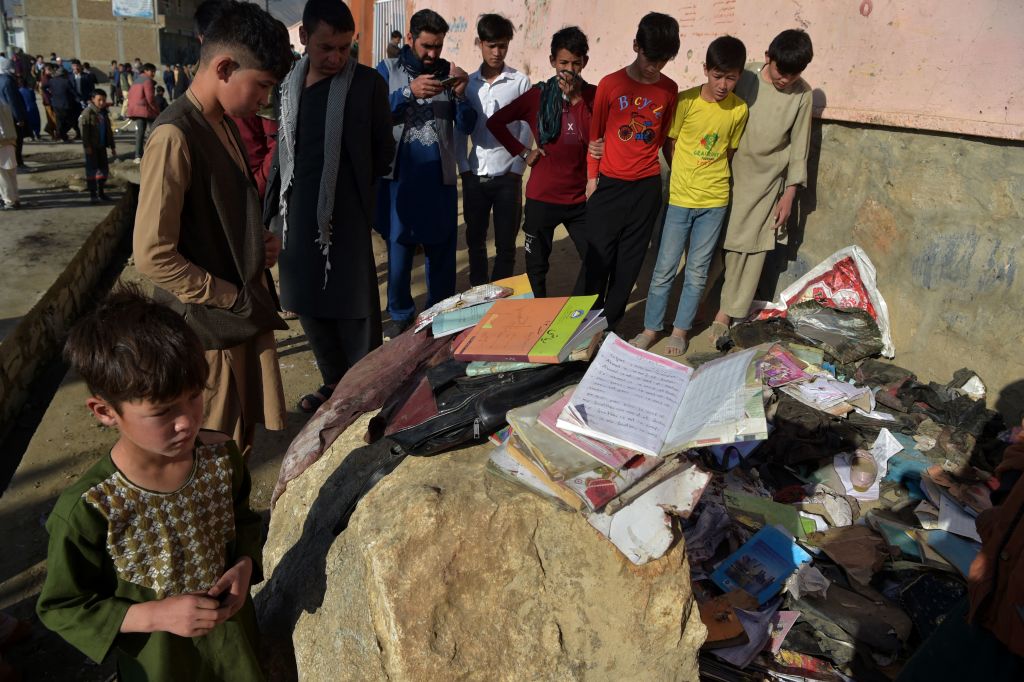 Bombing at girls' school in Kabul kills at least 50, including students
Bombing at girls' school in Kabul kills at least 50, including studentsSpeed Read
-
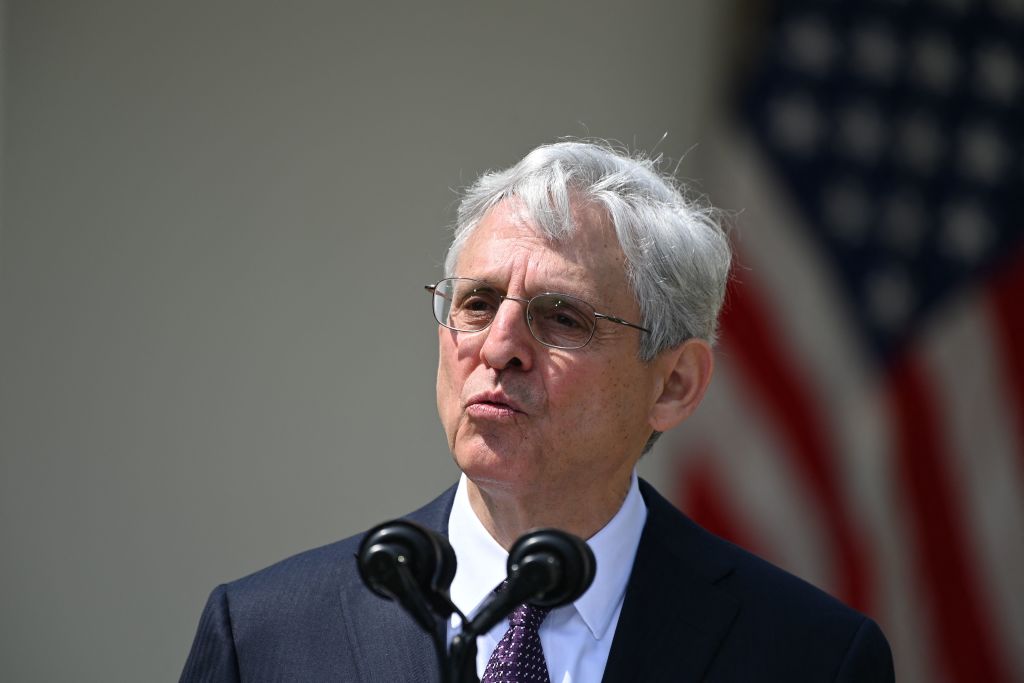 Garland says DOJ is 'pouring its resources' into stopping domestic terrorists 'before they can attack'
Garland says DOJ is 'pouring its resources' into stopping domestic terrorists 'before they can attack'Speed Read
-
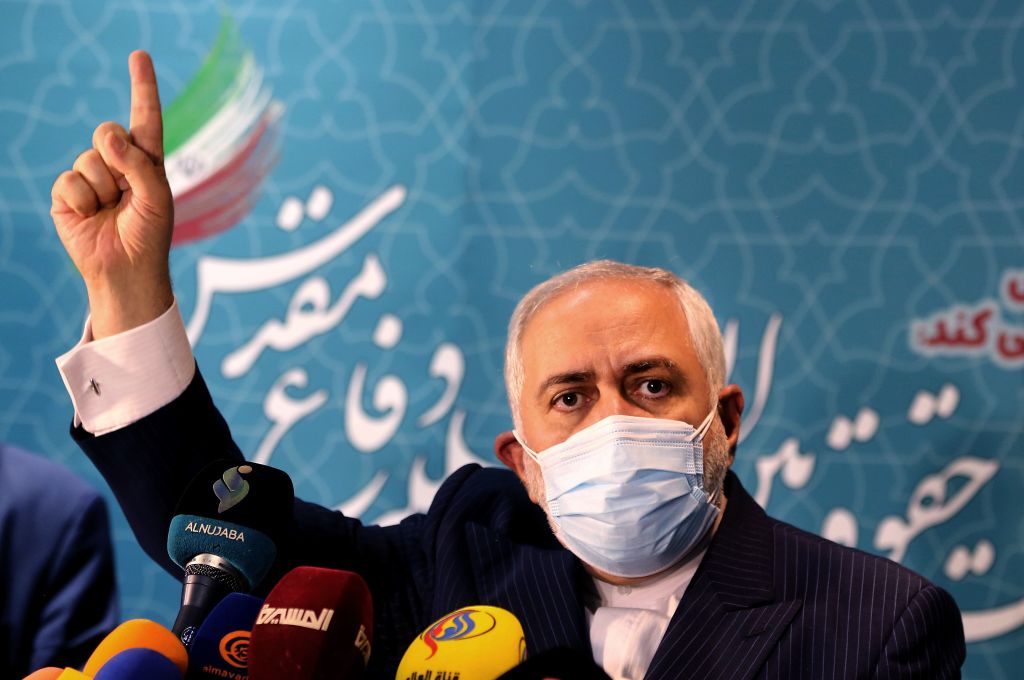 Suspected Israeli cyberattack on Iranian nuclear site complicates U.S.-Iran nuclear deal talks
Suspected Israeli cyberattack on Iranian nuclear site complicates U.S.-Iran nuclear deal talksSpeed Read
-
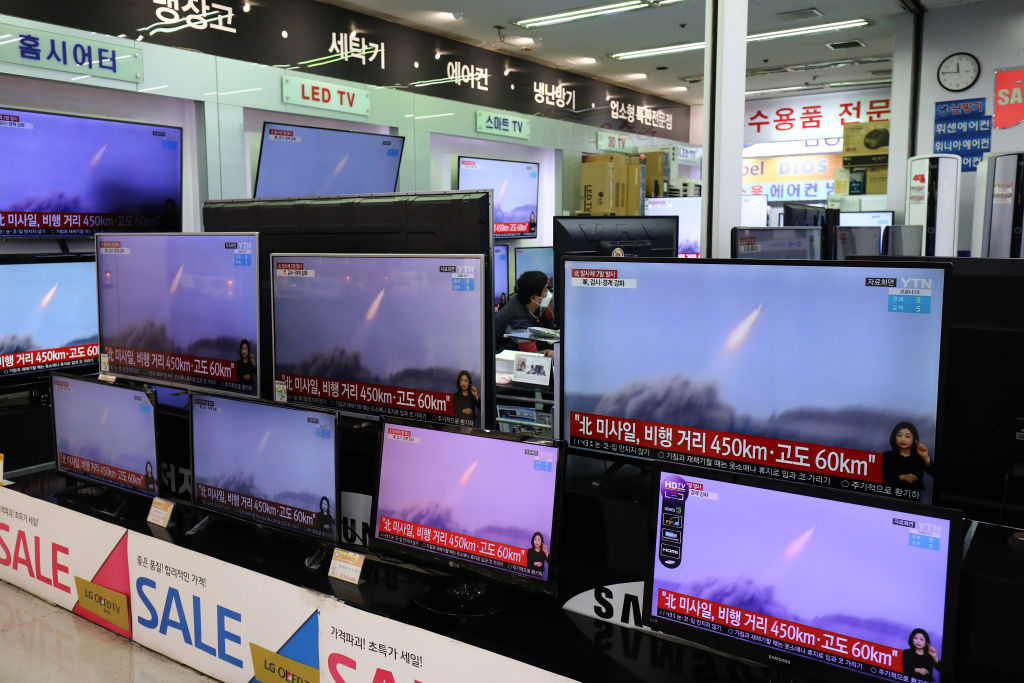 North Korea fires 2 ballistic missiles into sea
North Korea fires 2 ballistic missiles into seaSpeed Read
-
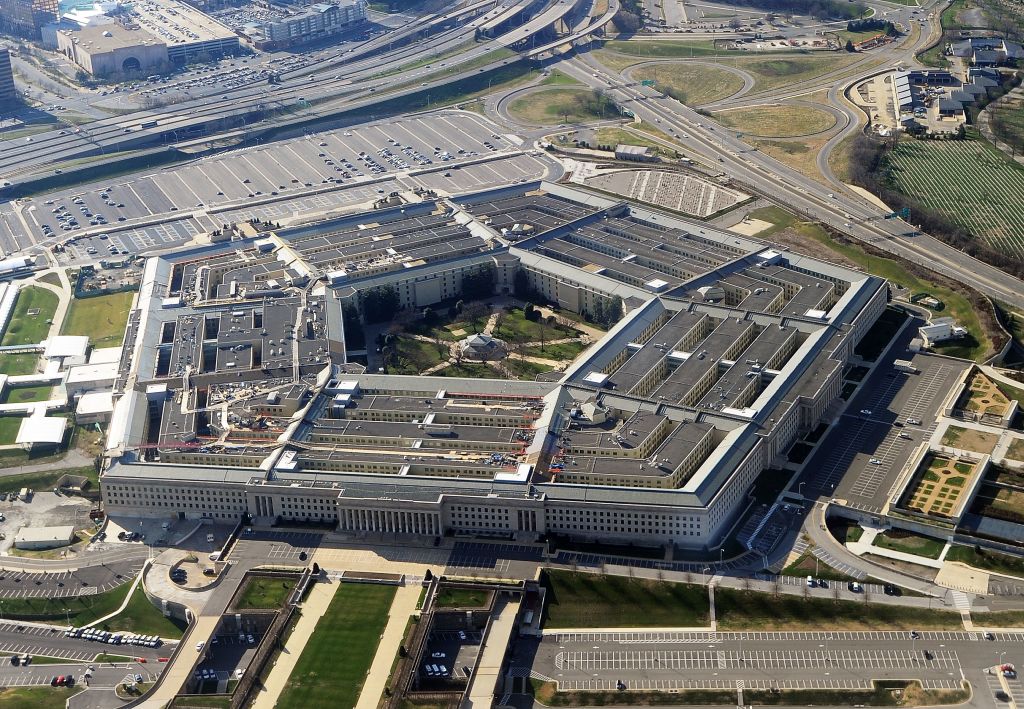 U.S. airstrikes target Iranian-backed militia facilities in Syria
U.S. airstrikes target Iranian-backed militia facilities in SyriaSpeed Read
-
 Rochester police who killed Daniel Prude during mental health crisis won't face charges
Rochester police who killed Daniel Prude during mental health crisis won't face chargesSpeed Read
-
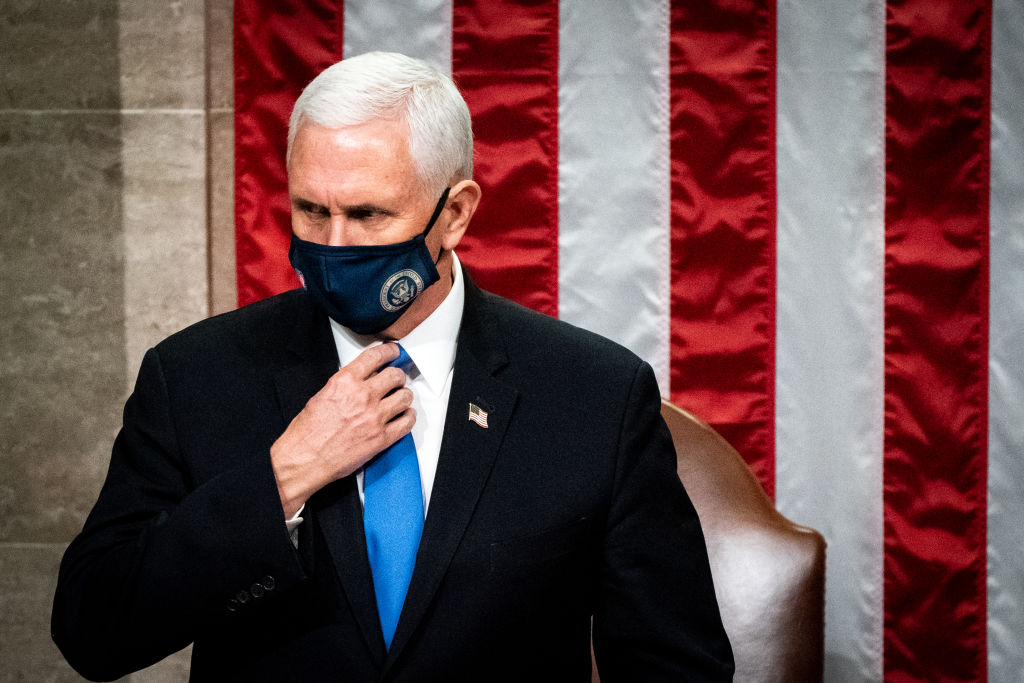 Mike Pence's 'nuclear football' was also apparently at risk during the Capitol siege
Mike Pence's 'nuclear football' was also apparently at risk during the Capitol siegeSpeed Read
-
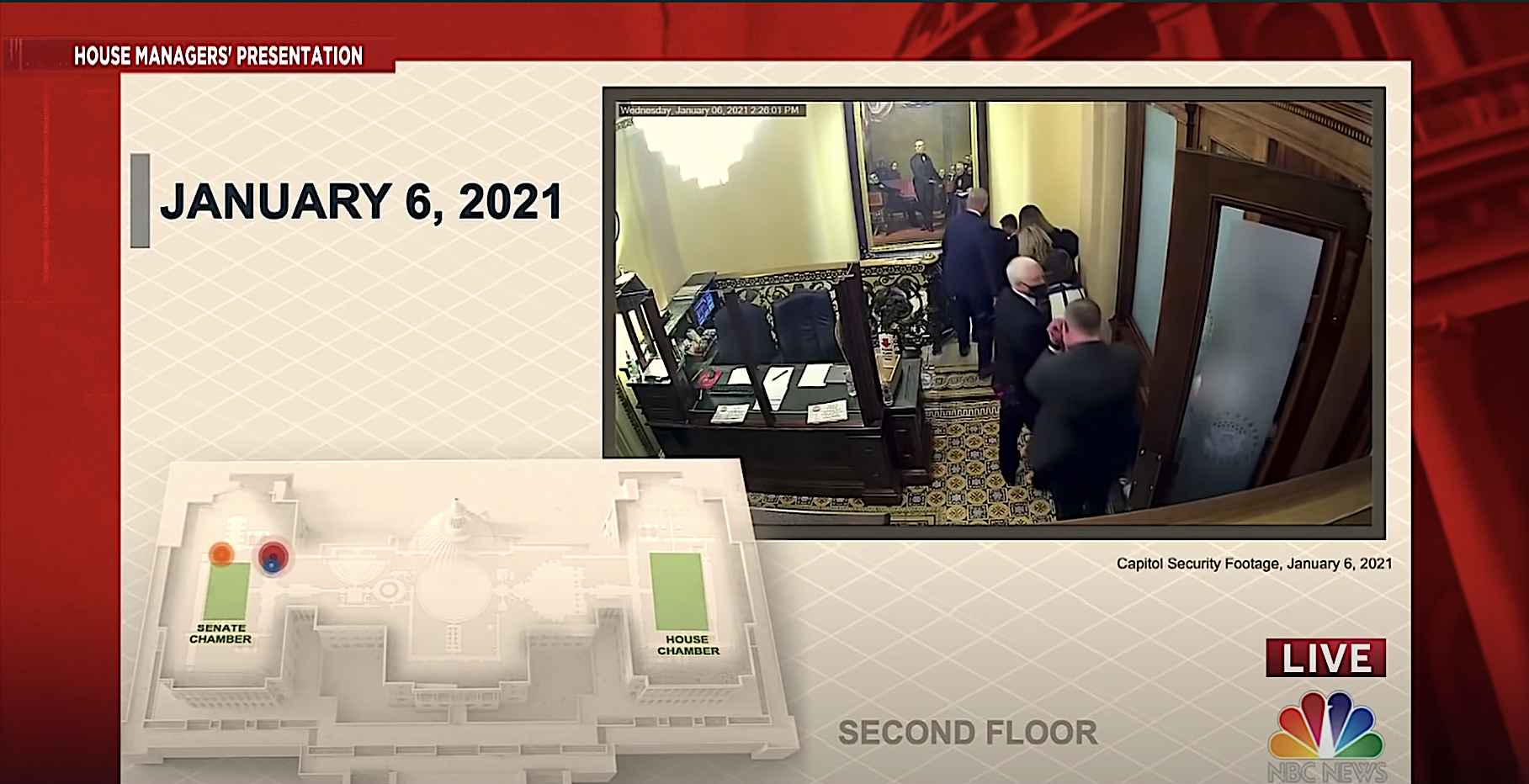 Trump publicly attacked Pence during the Capitol riot knowing Pence was in trouble, GOP senator suggests
Trump publicly attacked Pence during the Capitol riot knowing Pence was in trouble, GOP senator suggestsSpeed Read
